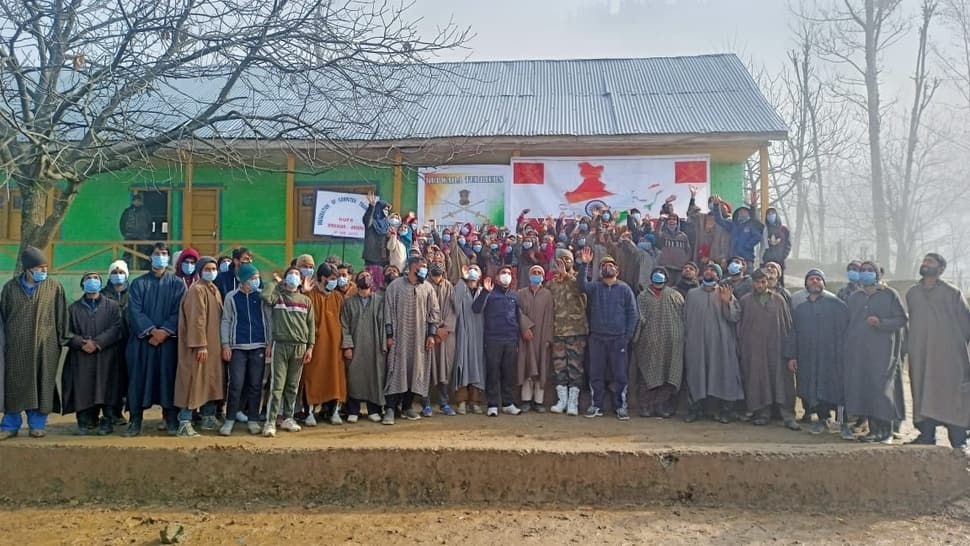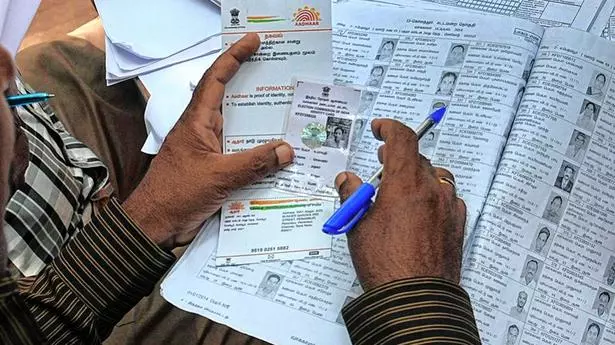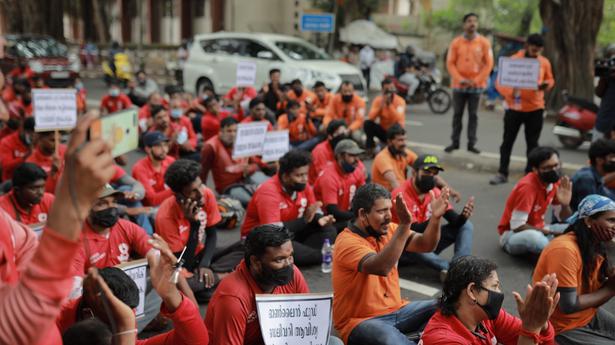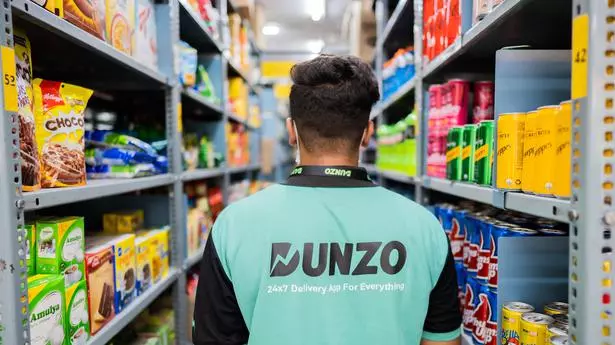
India@75, and @DEFIndia, we want to celebrate by mentioning that in the last 20 years it has benefited 25 million people across 135 districts in more than 25 states of India with a digital footprint of 2000 plus locations; with a historical accolades of having played roles in formation of National Digital Literacy Mission, in drafting Common Service Center, in the creation of PM WANI, in safeguarding the country from Free Basics and upholding Net Neutrality; in scheming GOAL (Going Online As Leaders) for tribal girls, and many more digital marks...
India in 75. DEF is just 20. Internet in India is 27. But the progress of Internet is India, starting as World Wide Web and Internet access was available through 9.6Kbps dial-up line to completely overwhelmed by Mobile and Social Media, Internet is completely dead. What we know today as Internet is: a mobile device on a palm and accessing one these seven tools: WhatsApp, Google or Facebook or Amazon or Instagram or LinkedIn or Twitter; and nothing gets completed unless you share your digitalised form of Aadhaar number for anything and everything.
Even after 27 years of Internet @ India's 75th year of Independence, India's digital curriculum vitae is:
- India is less than 50 percent (692 million) of its population connected to the Internet
- More than 50 percent of India's population is still not using Internet for any purpose
- Only 341 million people from rural India's 890 million population are Internet users
- 762 million Indians have not adopted Internet
- 63 percent of the population of rural pockets still do not understand Internet
At 75 years of Independence: we must ask these questions:
- have we used internet to provide people India freedom from information poverty?
- have we been able to connect all the villages and panchayats of India?
- have we been able to use digital and internet as a means of efficiency, and direct contact to access to rights and opportunities?
- have we been able to integrate digital into the lives of people to provide freedom or use the Internet and digital as tools of control, authority, and subjugations?
- have we been able to use Internet and digital as a tool to provide trusted information or misinformation and fake news?
And, finally, we should ask has the Internet strengthened democracy or weakened it by converting the people into a consumer than a citizen.
As India celebrates her seventy-five years of freedom from colonial rule, we take a look at our work in trying to connect communities with the seventy-five qualities we work with- as well as some updates on the state of our independence.
Amidst mixed feelings while celebrating 75 years of Independence, at DEF, we are introspecting where have we made a mark, how have we made a difference, and what's our own performance impacts on the ground.
To start off with some interesting initiatives close to independence day, we first head to Kupwara in Jammu and Kashmir, where DEF is collaborating with Accenture and the Indian Army to help the schools go digital. Kupwara is one of the ten districts of Jammu and Kashmir and has most of its northwest boundaries bordering the Line of Control (LOC). Given its geographical location and volatile situation, Kupwara is one of the 108 'backward districts' of the country as the NITI Aayog had identified in their survey back in 2018.
Here, DEF had already made some key interventions. In February this year, we had equipped the Army Goodwill School in Wayne, Upper Primary School in Mirmuqam and Pir Computer Training Institute in Awoora with computers, believing to have benefitted at least 3,000 students in the area.
And last week, on Independence day, the same people have upped their initiative, and provided tablet computers to government schools, hoping to further digitally empower 4000 more students.
Now, on the other end of the news for the seventy-fifth independence day, while attempts are being done to connect more people digitally, there are also several assaults taking place on our digital independence.
To start with, here are two immediate and recent ones that our friends at the Internet Freedom Foundation have pointed out:
Linking the Aadhaar to most basic things like the public distribution system, receiving mid-day meals has already affected millions in receiving these rights and entitlements. While DEF has worked at the margins of connectivity in trying to bring to the people this information (through our SoochnaPreneurs and CIRCs), there is a fundamental issue in mandatorily demanding the Aadhaar. Now, with the same being planned to be implemented to exercise one's right to vote, we stand with the activists who are worried about the move.
Along with the previously raised red flags on the data privacy (and monetisation) bill, IRCTC has officially begun tenders for the process of monetising passenger data.
Internet shutdowns are also still very much a thing in India. As Software Freedom Law Centre's Internet Shutdowns Tracker notes, the week leading up to I-day saw two shutdowns. One in Jammu and Kashmir during Muharram, and another in Rajasthan's Jalore district, where two days prior to Independence Day, a young Dalit student was brutally murdered by his upper caste teacher- for touching his pot of water. Internet was allegedly shut down to prevent protests.
In this seventy fifth year of independence, while recognising the strides that have taken place, we also need to be introspective and continue raising our voices, actively be part of building the community we all believe in- one more connected, more equal, and more just.
It is advisable that you have a look at this page https://www.defindia.org/in-others-words/ to know the details of the contribution of DEF in nation building.
In Other News
First, some quick updates continuing on our coverage of platform workers and their struggles-
And the former finance minister of Kerala has tweeted saying the government is launching a competitor to uber providing better wages.
Meanwhile, reports suggest a dwindling interest by foreign companies to invest in the country. This could be due to the prevailing political climate, as some businesspeople had earlier pointed out.

This interesting initiative to save and preserve tribal languages:

DEF Updates
Telangana's special IT secretary, Jayesh Ranjan IAS inaugurated a community digital center in Hyderabad's old city.
Our SmartPur project continues working on organising telemedicine camps:
New publications from DEF, on SoochnaPreneurs-
Until next week, on the occasion of Independence Day, we urge our readers to keep fighting and demanding for the freedoms and rights, digital and otherwise that every citizen of the country is entitled to have!



























 might be?](https://sk0.blr1.cdn.digitaloceanspaces.com/sites/1394/posts/714526/dbc8de4c-5c50-411f-aba0-55cfb74a692d.jpeg)

Write a comment ...